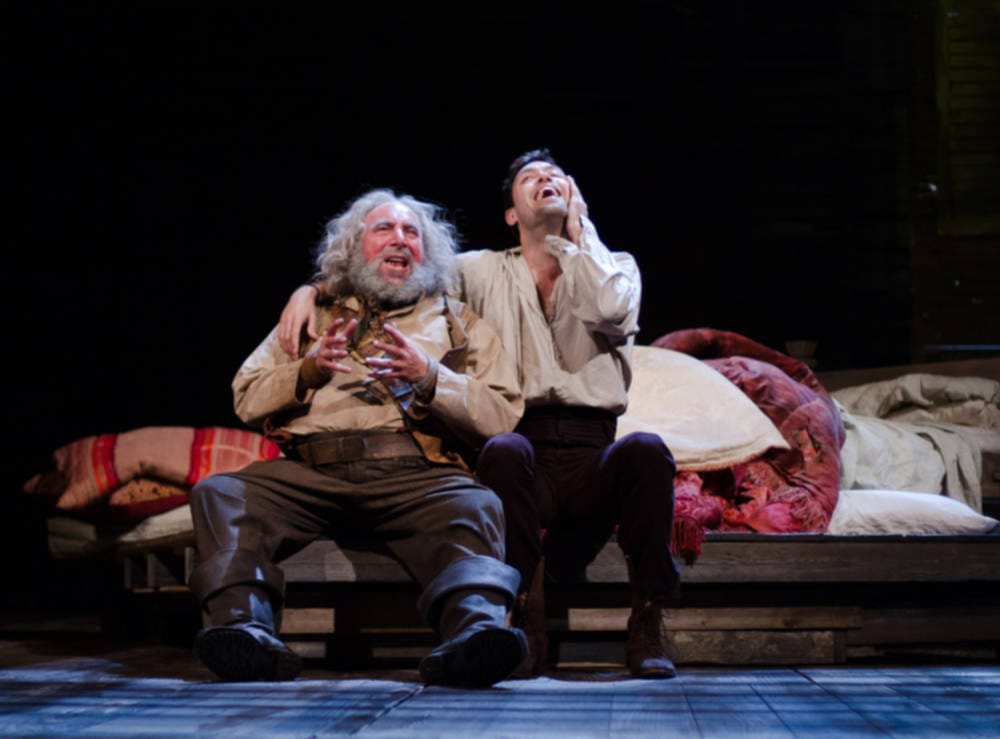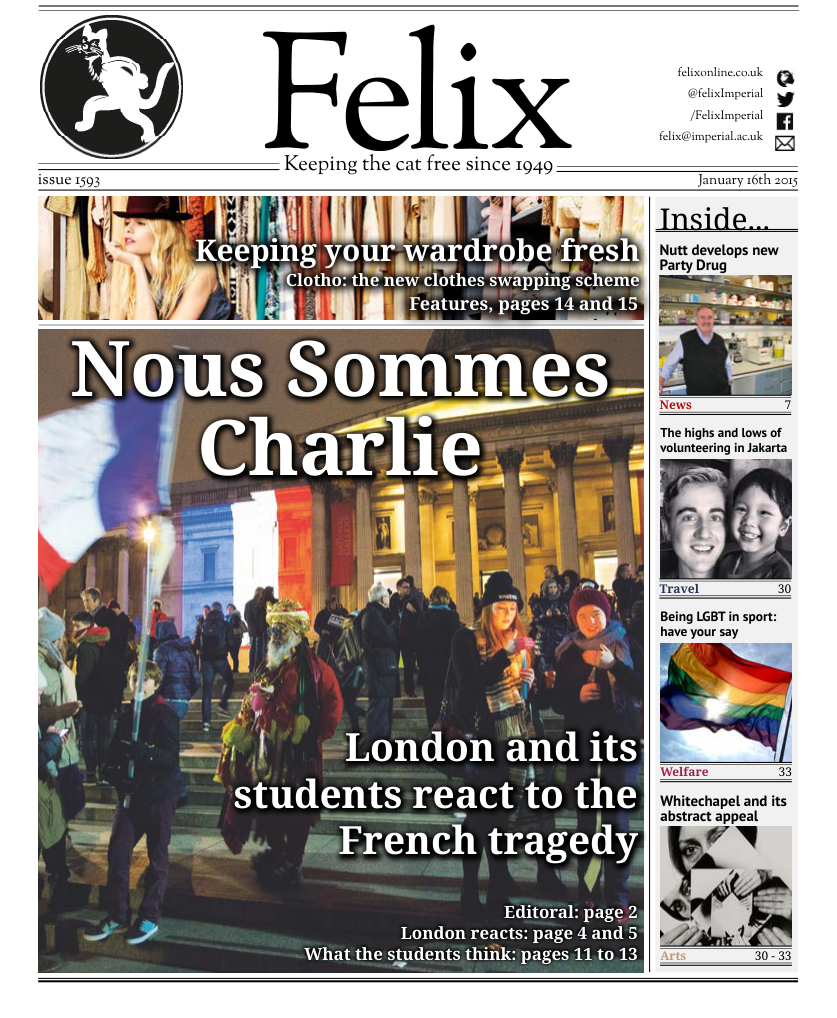A Tale of Two Halves from the RSC - Part II
Fred Fyles reviews the Royal Shakespeare Company's production of Henry IV Part II at the Barbican Centre

Sadly, the exciting first half gives way to a much less nuanced production of Henry IV Part II. The set-up is largely where we left off from Part I; after crushing one rebellion, King Henry IV must fend off a second one, led by the Archbishop of York, whilst also fighting illness. Prince Hal has – much to his father’s chagrin – resumed his philandering with the aging Falstaff. Beyond this there are a couple of subplots, although they take up far more time than is necessary, meaning that the political intrigue of the first half is more or less removed. Instead, we have an increase in bawdy humour, painted in much broader strokes by Antony Sher, and while I understand that Shakespeare can be difficult to understand at the best of times, gurning to the audience and breaking the fourth wall does not a witty comedy make.
We do have a number of stand-out performances in this half, none more compelling than that of Paola Dionisotti, who plays the Eastcheap tavern owner Mistress Quickly with verve and aplomb; stalking the stage like a sinewy version of Eastenders’ Peggy Mitchell, her impressive performance has all of us completely captivated.
Ultimately, this move towards a more mainstream comedy does the play a disservice in two ways: first of all, the scenes are simply less interesting. Rather than being a political drama, in which Falstaff is included as light relief for those who can’t tell their earls from their dukes, the second half quite simply becomes ‘The Falstaff Show’, which – although giving Sher a chance to show off his obviously considerable acting talent – does very little to drive the plot along; we lurch from one Falstaff scene to another, as the drama is consigned to the background.
It also means that when drama does occur it simply feels out of place. It’s all fun and games with Falstaff, and then suddenly we are reminded that there is a bloody war going on, dragging us into the action abruptly. The ending of the play is particularly disappointing; Prince Hal, taking advice from his father and the Chief Justice, spurns Falstaff’s advances, barking at him ‘I know thee not, old man’. This is supposed to be a crucial moment of the play, a spine-chilling reminder of the death of innocence, and the fickle nature of human kindness. The preceding action means that the line has very little impact; it is tossed aside, like a piece of garbage; it deserved better.
It's all fun and games with Falstaff, and then suddenly we are reminded that there is a war on
Henry IV is certainly a difficult play to put on. The balance between comedy and drama is a fine line, that is – as we saw tonight – easy to cross. While most of the performances were wonderful, the experience had a weird disjointed feel, when it should have flowed like sack from Falstaff’s cup (but then again, maybe after 5 hours of theatre anyone would begin to feel the strain). It is also unfortunate that Barbican are putting on the play so shortly after Phyllida Lloyd’s critically-acclaimed, radically reinterpreted version of Henry IV was on at the Donmar Warehouse and inevitably comparisons will be made. If you’re a bit of a perfectionist, who insists on seeing things in their entirety, then go along to both parts; just bear in mind that – like the warring factions of Middle Age England – the road to unity can be a bloody one.






